VARA lawsuit against country music star garners national attention
The VARA lawsuit SRipLaw filed in federal court against country music star Upchurch has caught the attention of the music, art and legal worlds
Read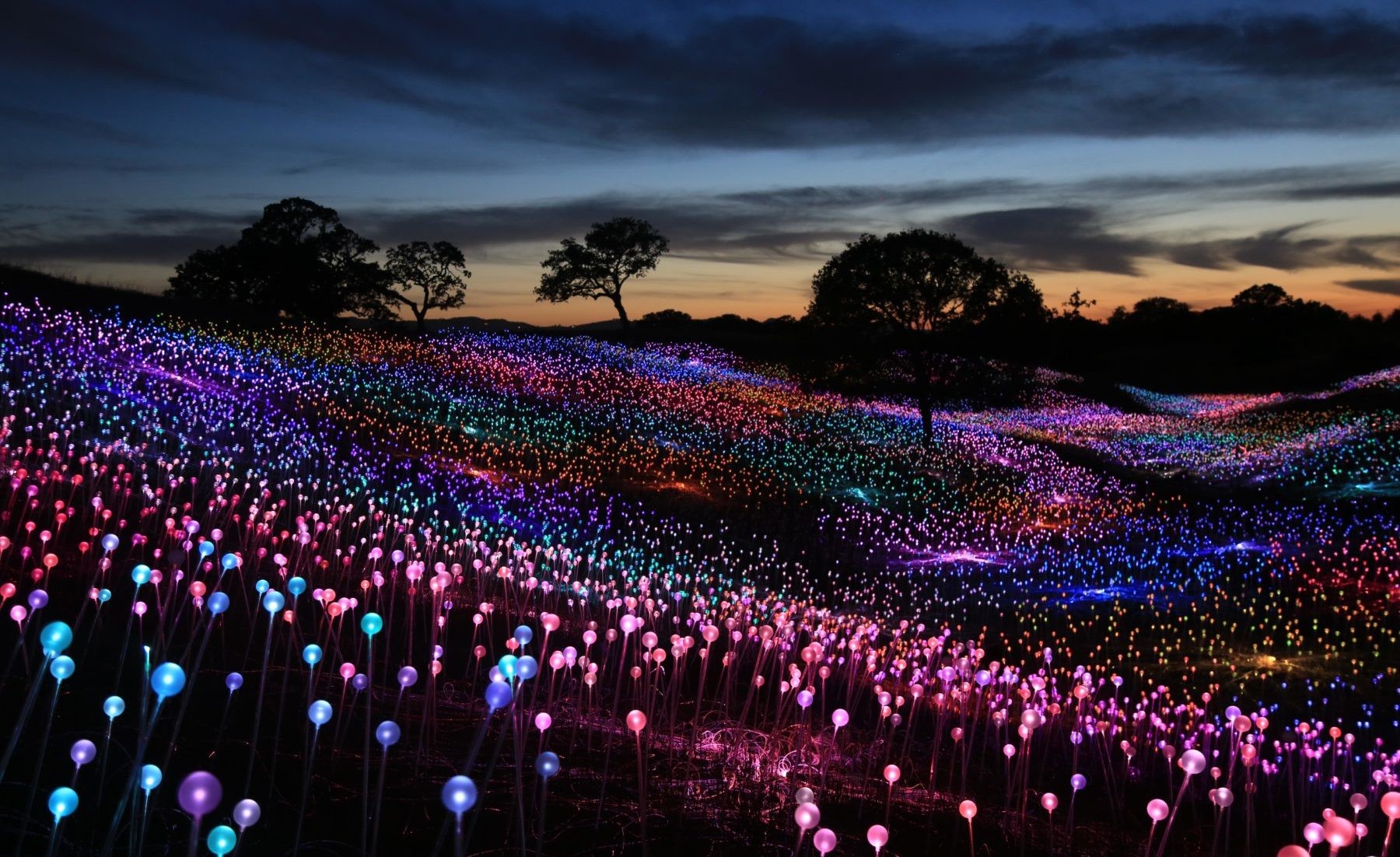
Miami attraction Fairchild Garden caught in legal lights as British artist Bruce Munro files copyright infringement lawsuit
In a lawsuit filed Jan. 8 in federal court in Miami, Munro charges that Fairchild, its chief operating officer Nanette M. Zapata, two California companies, and a Chinese lighting manufacturer and retailer have infringed on his copyrighted works and violated the copyright management information provisions of the Digital Millennium Copyright Act.
Read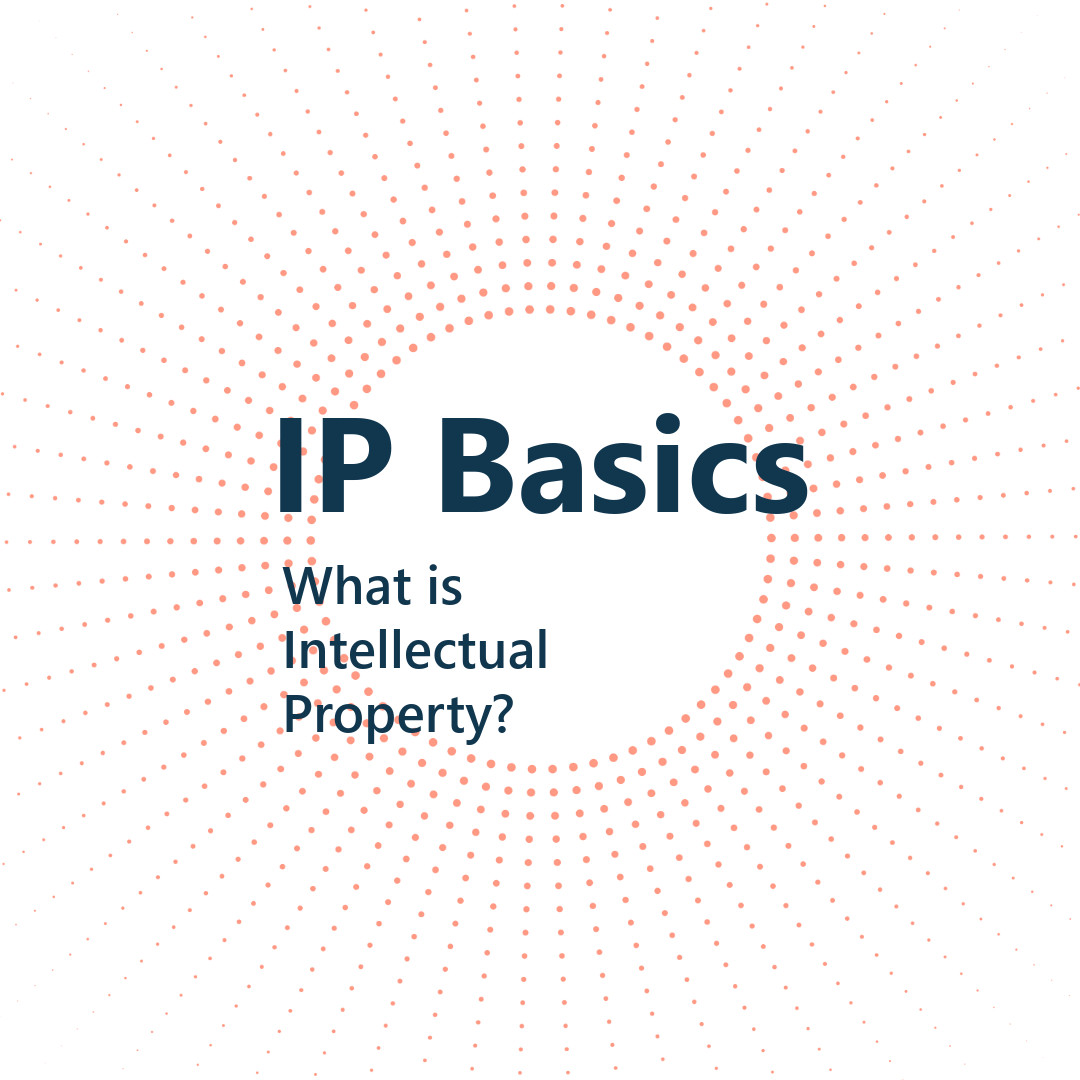
What is Intellectual Property?
Learn how Intellectual Property can help you protect your work. Intellectual Property is the legal framework that gives you exclusive ownership over what you create - your inventions, your artistic works, and your business's unique identity.
Read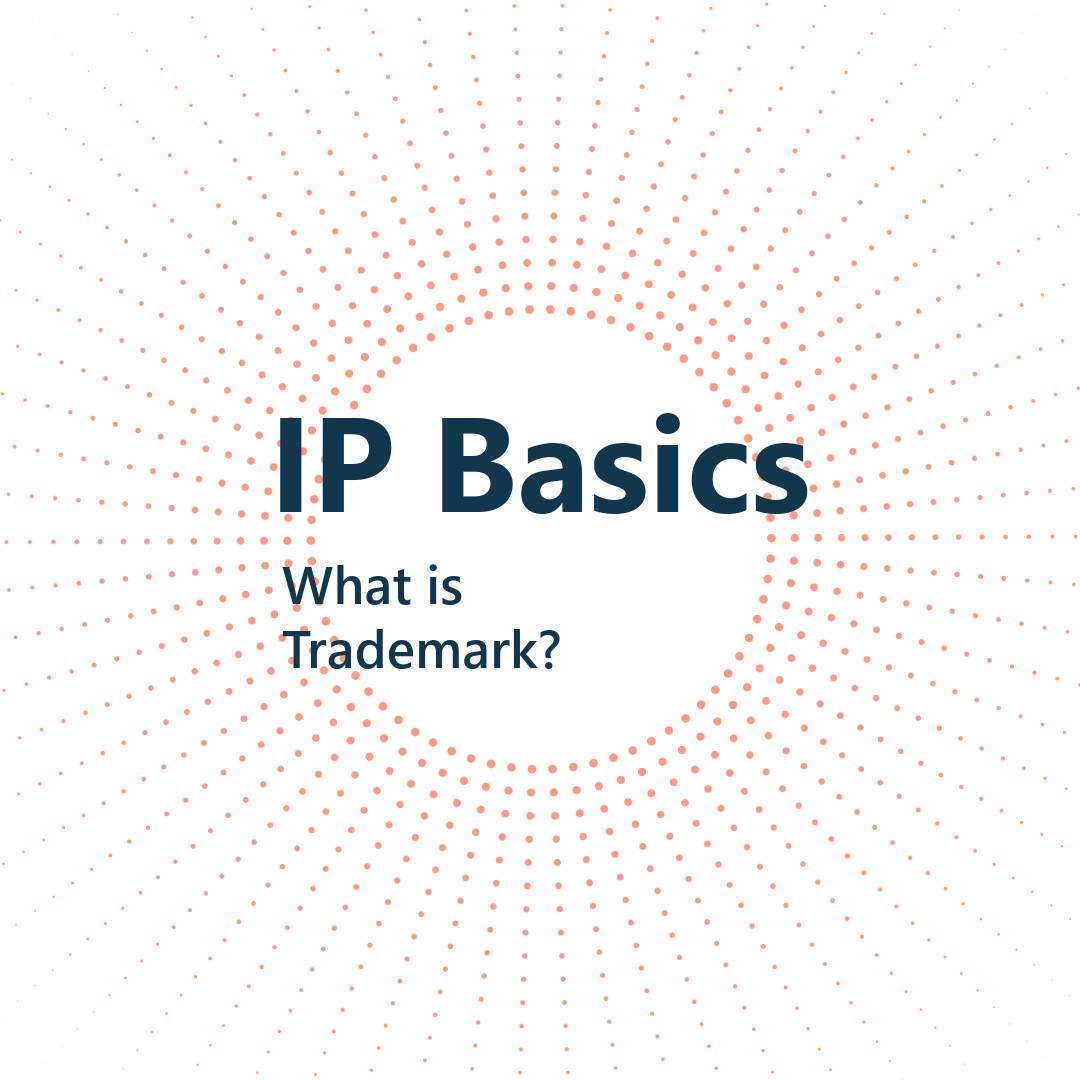
What Is Trademark?
Learn how Trademark can help you protect your work. A trademark is essentially your brand's signature - any word, name, symbol, or combination that sets your business apart from the competition. Think of Nike's swoosh, McDonald's golden arches, or even that distinctive pink color Owens-Corning uses for insulation. These aren't just design choices; they're powerful legal assets that tell customers exactly who they're buying from.
Read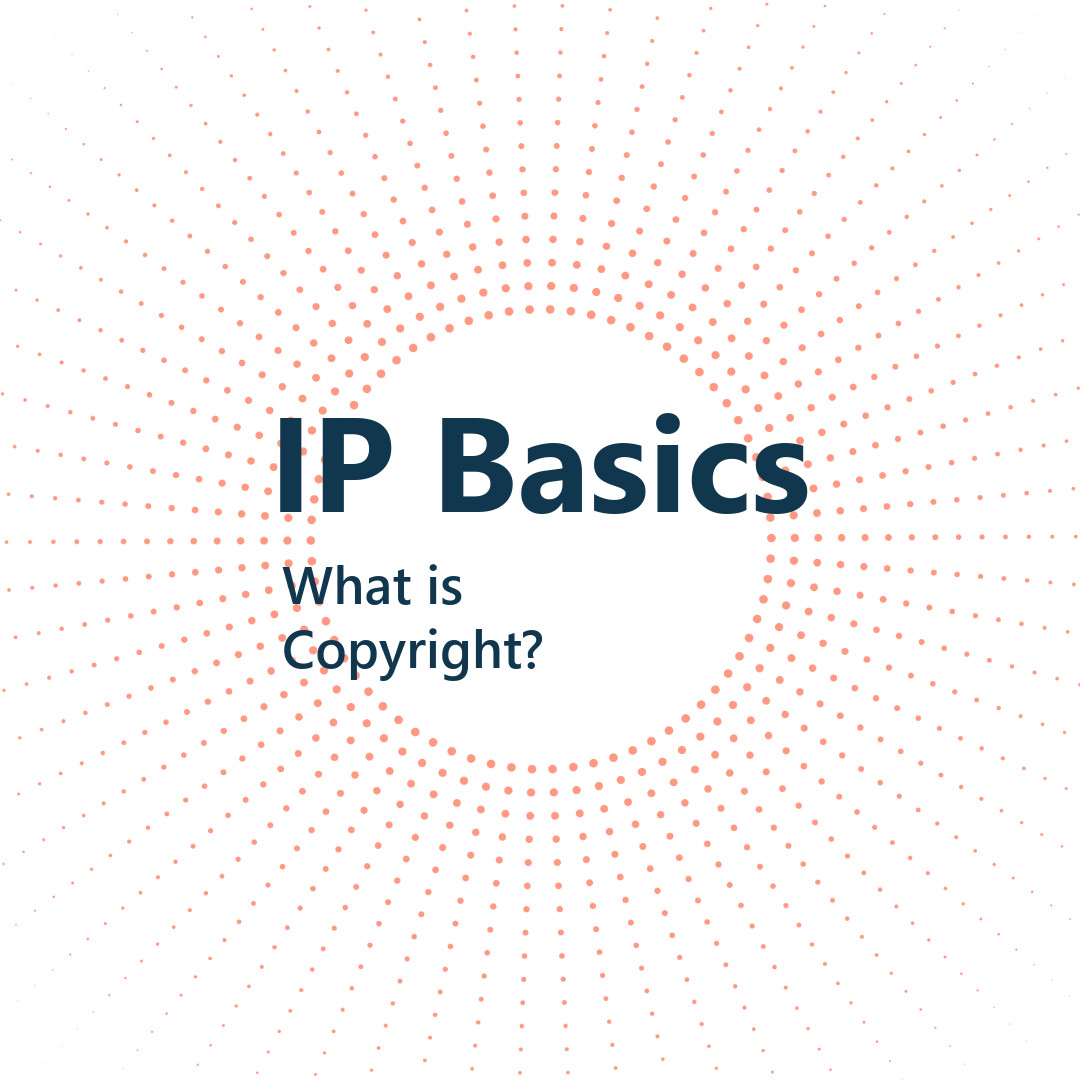
What is Copyright?
Copyright is the legal framework that gives creators exclusive rights over their original works. It transforms your creations into protected assets that you control — whether it’s a novel, a song, a software program, or a piece of art. As soon as a work is fixed in a tangible form (written, recorded, filmed, painted, coded, etc.), copyright automatically comes into existence.
Read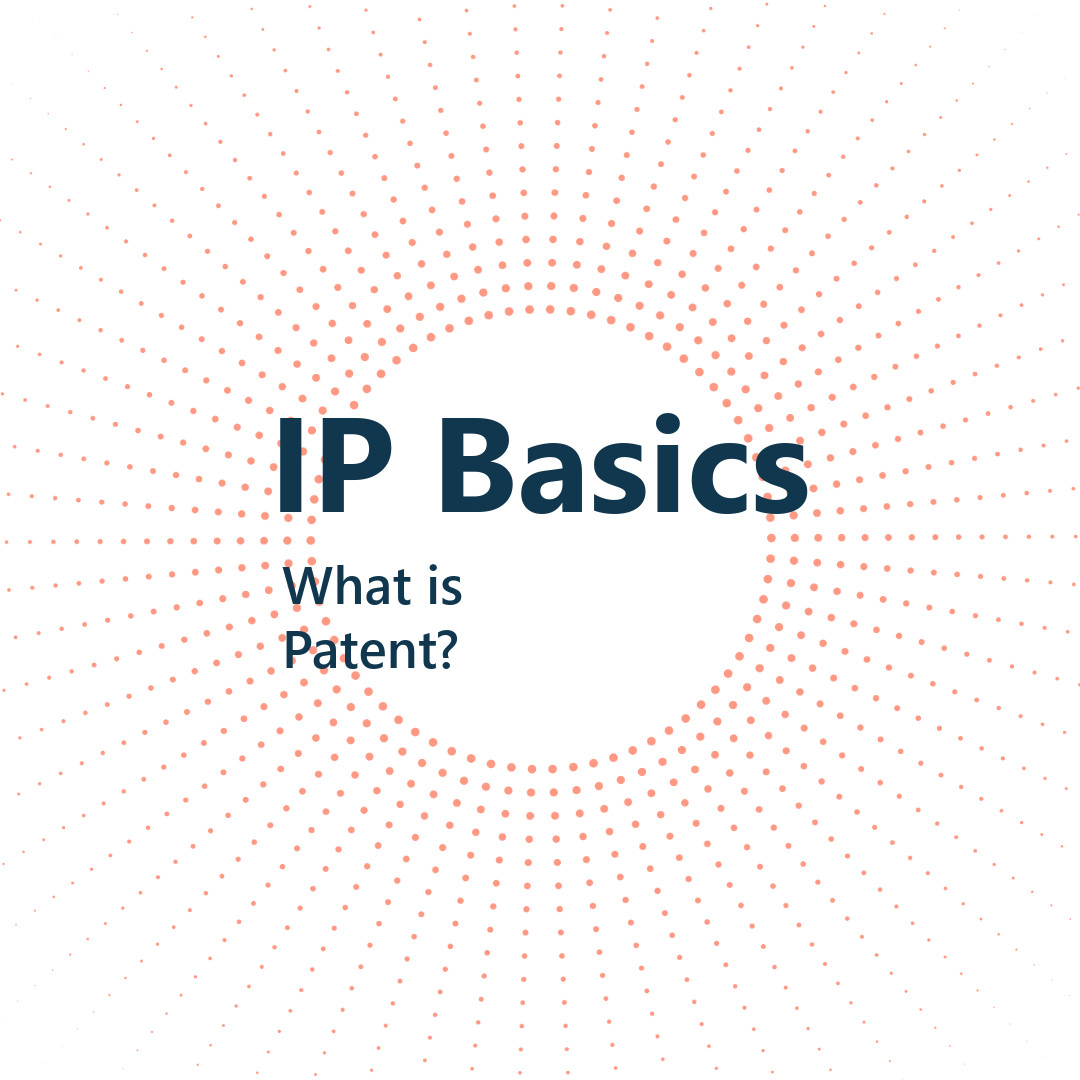
What is Patent?
Learn how Patents can help you protect your work. A patent is a powerful tool that protects innovation. It gives inventors the exclusive right to stop others from making, using, or selling their invention for a limited time, in exchange for publicly sharing how the invention works.
Read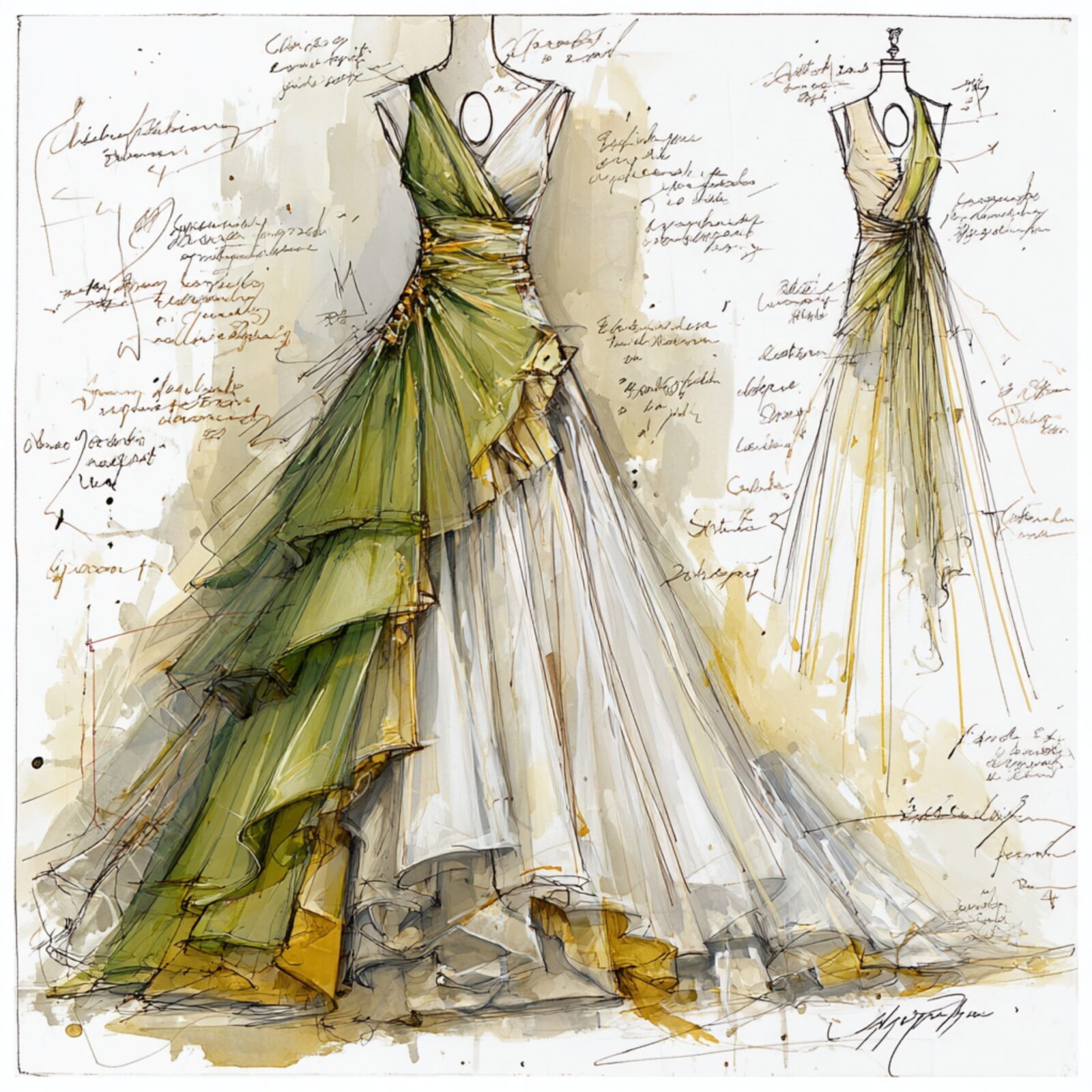
Six Key Reasons Why Fashion Designers Should Register and Enforce their Copyrights
Copyright is your safety net. It protects original creative elements in fashion, like sketches, prints, graphics, and unique embellishments. It gives you a clear way to claim what you made and stop copycats who profit from your ideas.
Read
Copyright Lasts a Lifetime and Beyond: How to Plan to Enforce Your Rights
Copyright matters for your family and your legacy. Your rights will pass to your heirs. That can cause problems. How do you enforce copyright rights over decades? Your goal should be to keep control over your work, and keep value flowing to the people you care about.
Read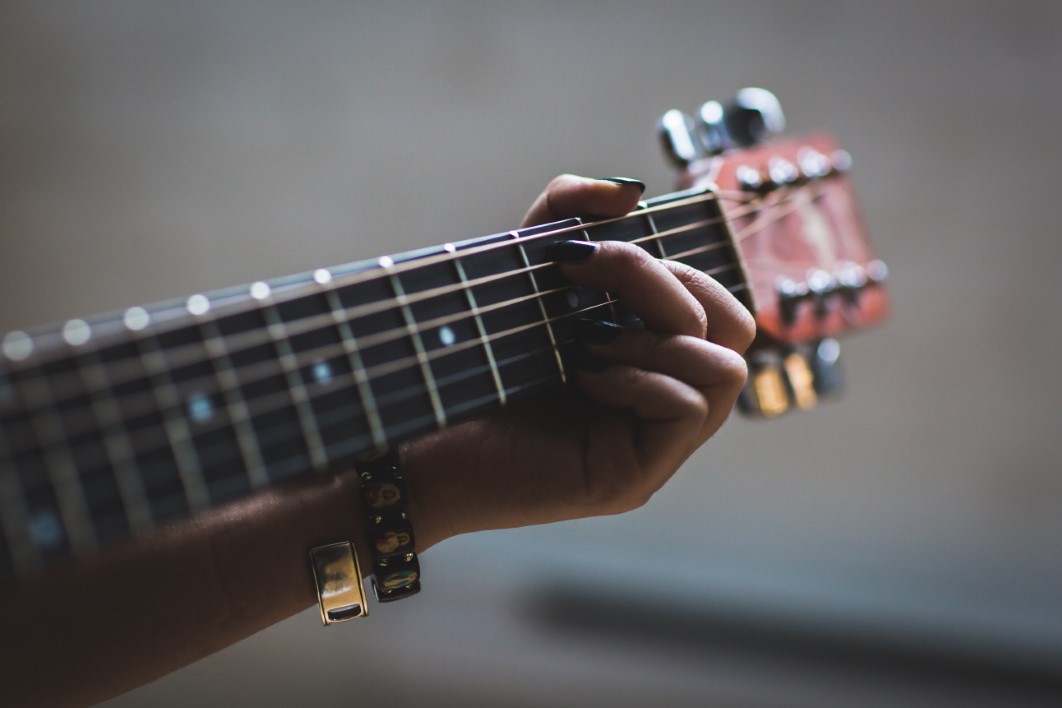
Instagram Business Accounts and Copyright: The Licensing Gap Nobody Talks About
Instagram's approach to music licensing creates a peculiar paradox: the platform offers brands access to thousands of popular songs through its in-app music picker, yet using those same tracks for commercial purposes can expose companies to copyright infringement lawsuits. This contradiction has left marketing teams confused and brands vulnerable, caught between Instagram's user-friendly interface and the harsh reality of music licensing law
Read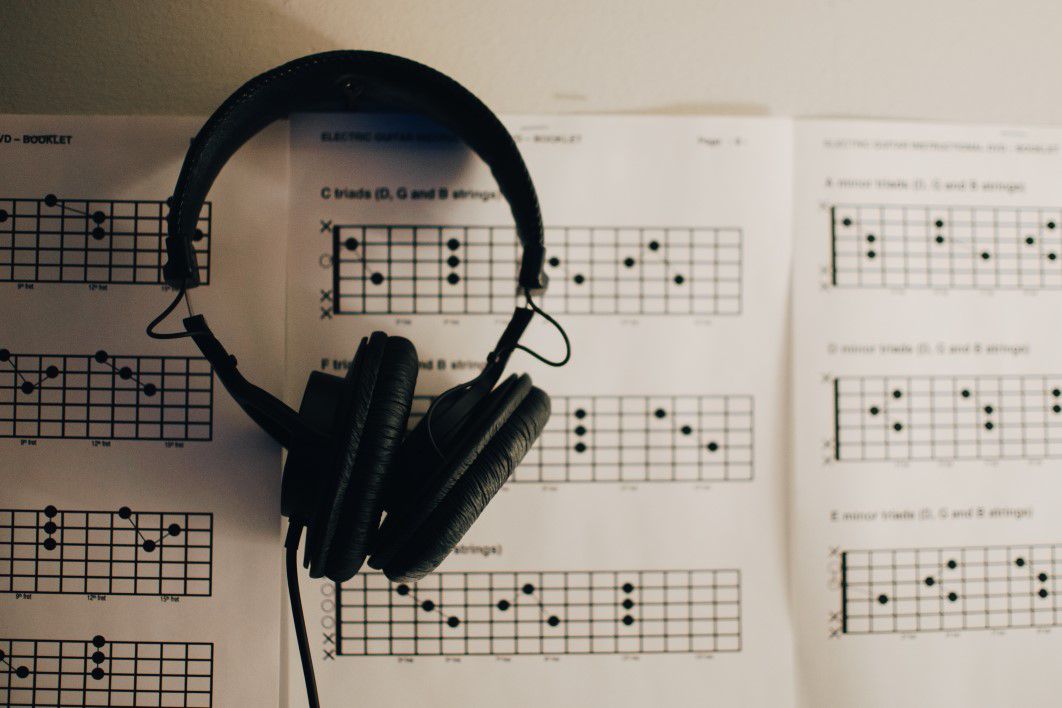
TikTok's 2025 Commercial Music Library: What Brands Still Get Wrong
On July 25, 2025, TikTok implemented sweeping changes to its Music Terms of Service that fundamentally reshaped how brands can use audio on the platform[1][4]. Yet six months later, companies continue to make the same critical mistakes—errors that have already cost brands like DSW Designer Shoe Warehouse and Crumbl Cookies millions in copyright infringement lawsuits
Read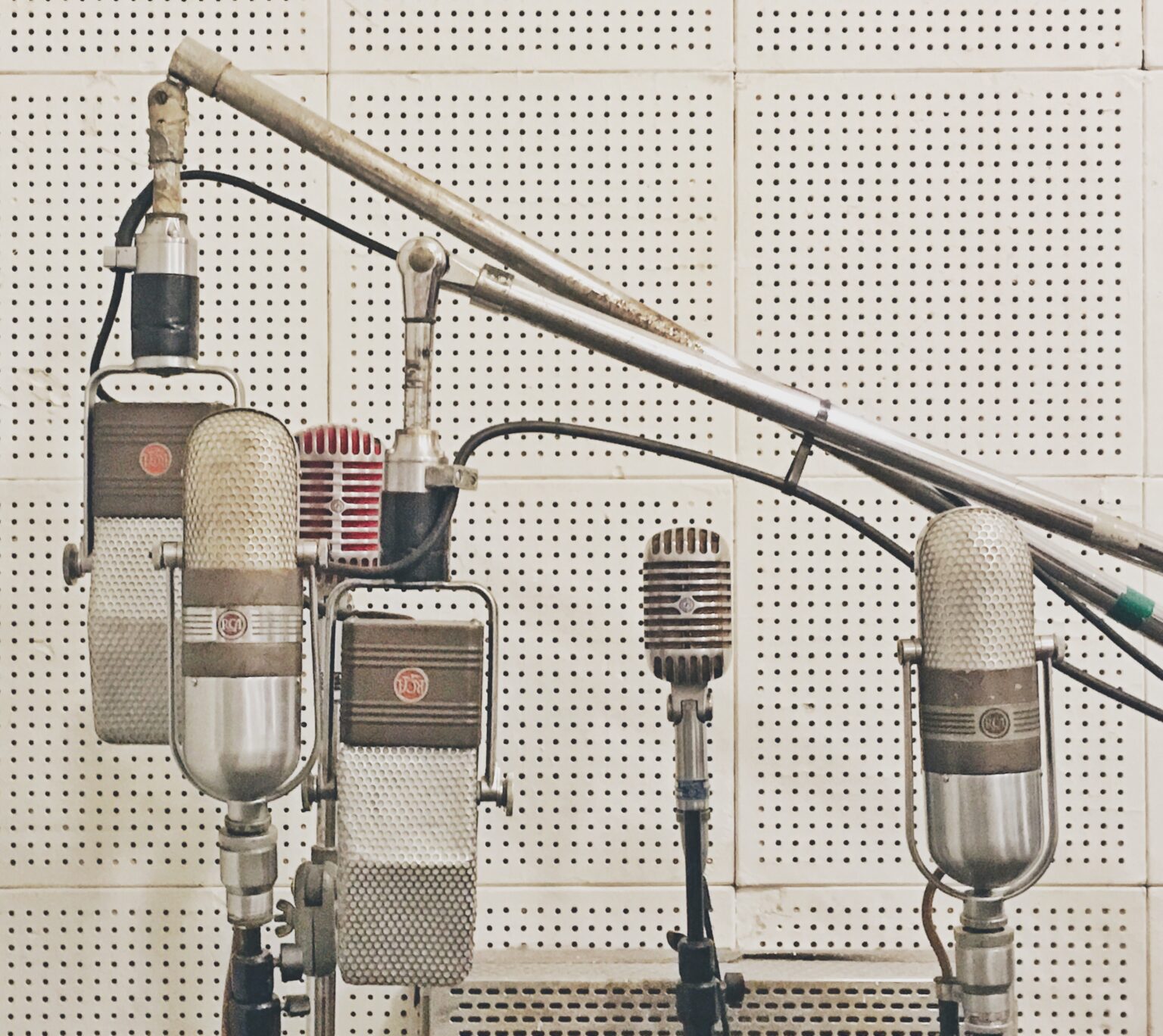
Facebook Reels and Rights: The Copyright Crisis in Meta's Empire
Meta's empire spans Facebook, Instagram, and WhatsApp, connecting billions of users through interconnected platforms that promise seamless content sharing. Yet when it comes to music licensing, Meta's ecosystem is anything but unified. The copyright rules governing Facebook Reels differ significantly from Instagram Reels, despite both platforms being owned by the same company and sharing nearly identical interfaces
Read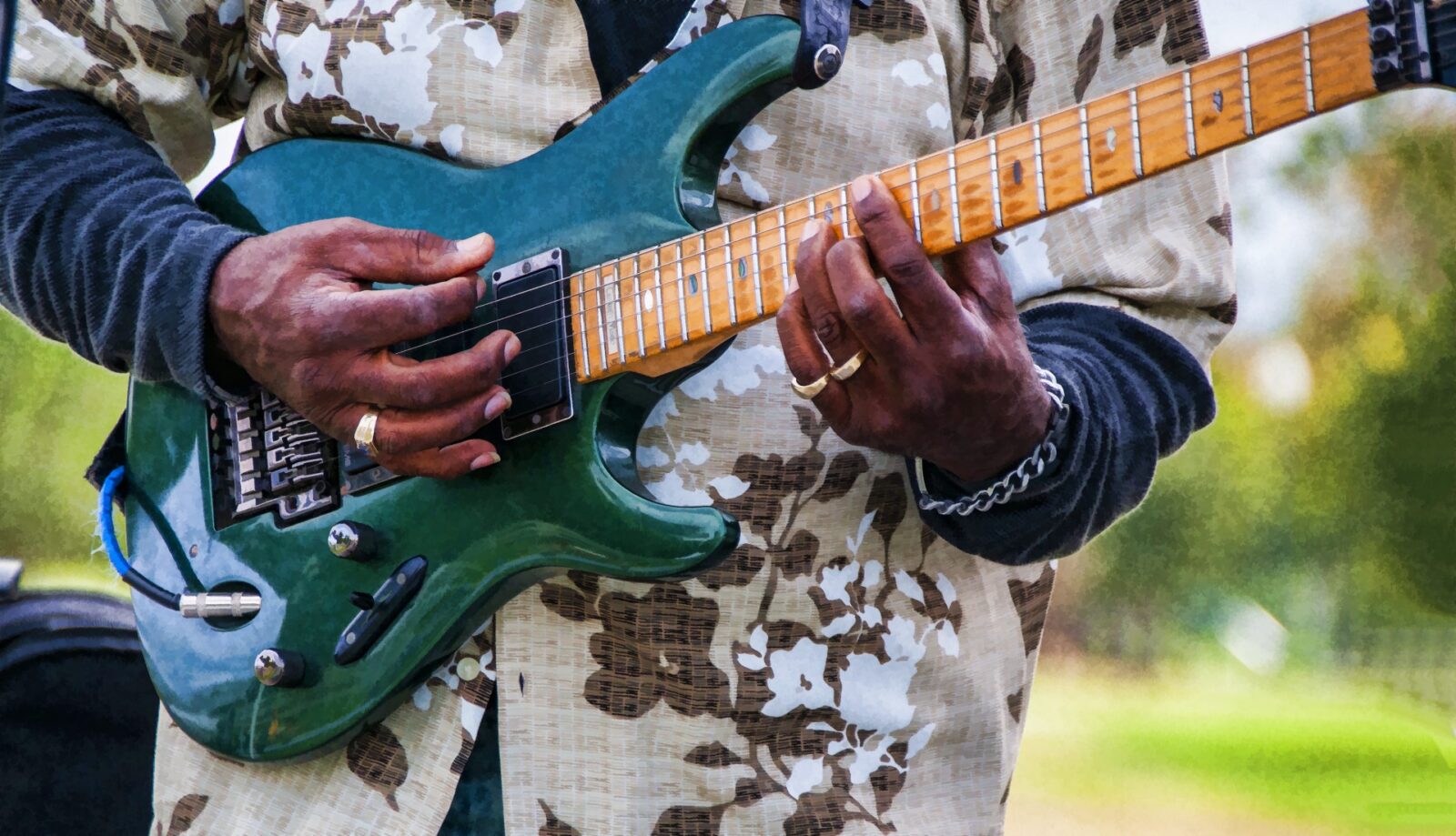
LinkedIn, Pinterest & the Forgotten Platforms: Commercial Music Use Beyond TikTok
The music copyright conversation in 2025 has become dominated by TikTok, Instagram, and YouTube—the platforms where short-form video and trending audio drive engagement. Yet brands maintain active presences on LinkedIn, Pinterest, Twitter/X, and other platforms where music usage raises equally complex licensing questions. These "forgotten" platforms receive far less attention in copyright discussions, creating blind spots that put brands at significant legal risk
Read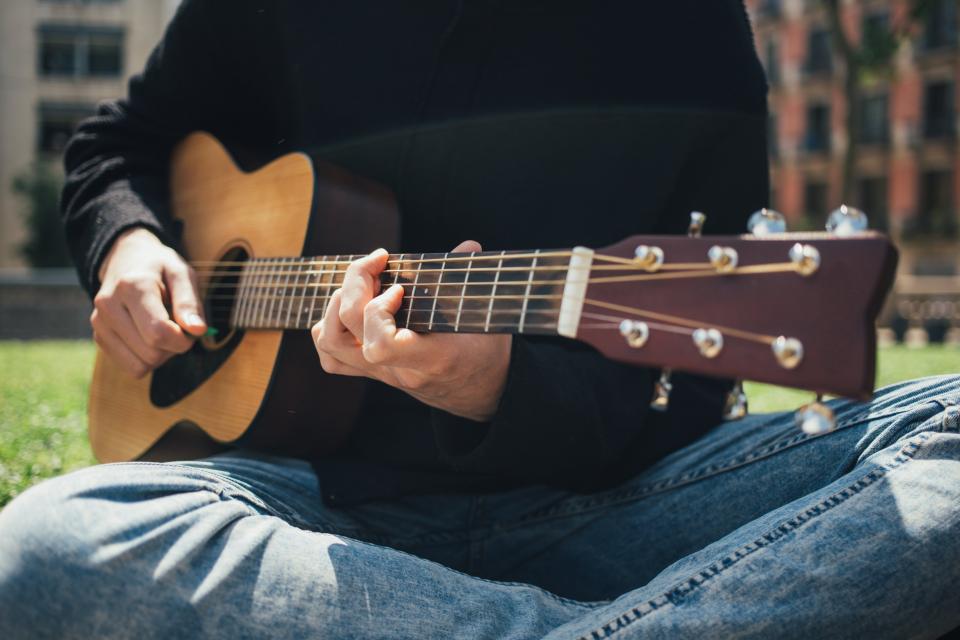
The $30,000 Mistake: How Unlicensed Music Use on Social Media Became a Legal Minefield
When Designer Shoe Warehouse (DSW) uploaded promotional content to TikTok featuring Becky G's "Shower" on the Fourth of July, the marketing team probably thought they'd crafted the perfect summer campaign. The caption cleverly referenced the song's iconic lyric—"Shop our semi-annual sale and light up like the 4th of July"—and the video resonated with audiences. What they didn't anticipate was Sony Music Entertainment filing a massive copyright infringement lawsuit seeking damages that could reach astronomical levels.
Read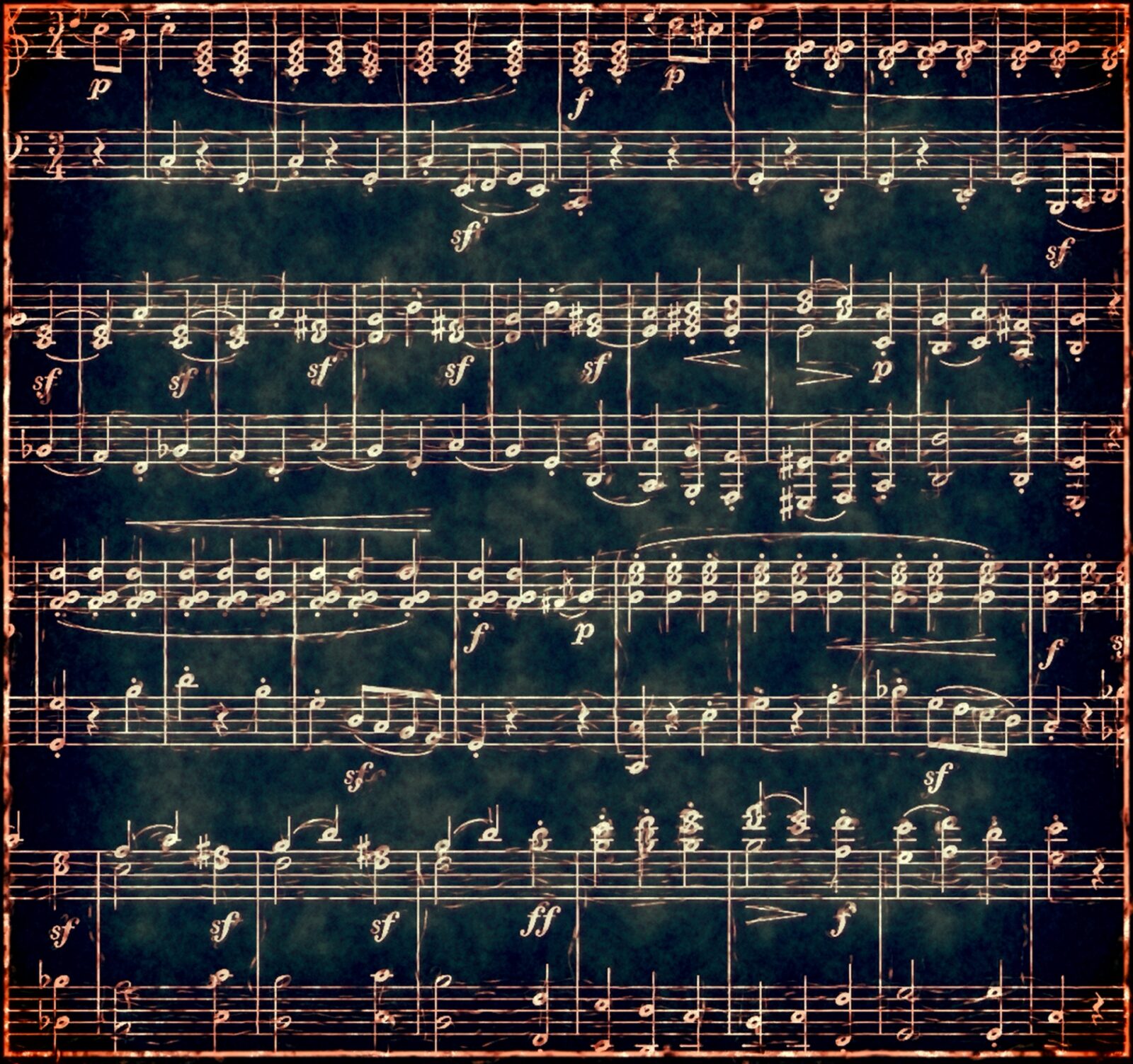
Beyond the Platform Library: Why Your Brand's Social Media Music Use Might Be Illegal
On the surface, social media platforms have made using music incredibly simple. Search for a song, tap to add it to your video, and publish to your audience. For millions of personal users, this seamless integration represents one of social media's most engaging features. For brands and businesses, however, this same simplicity has become a legal trap that's costing companies millions in copyright infringement damages.
Read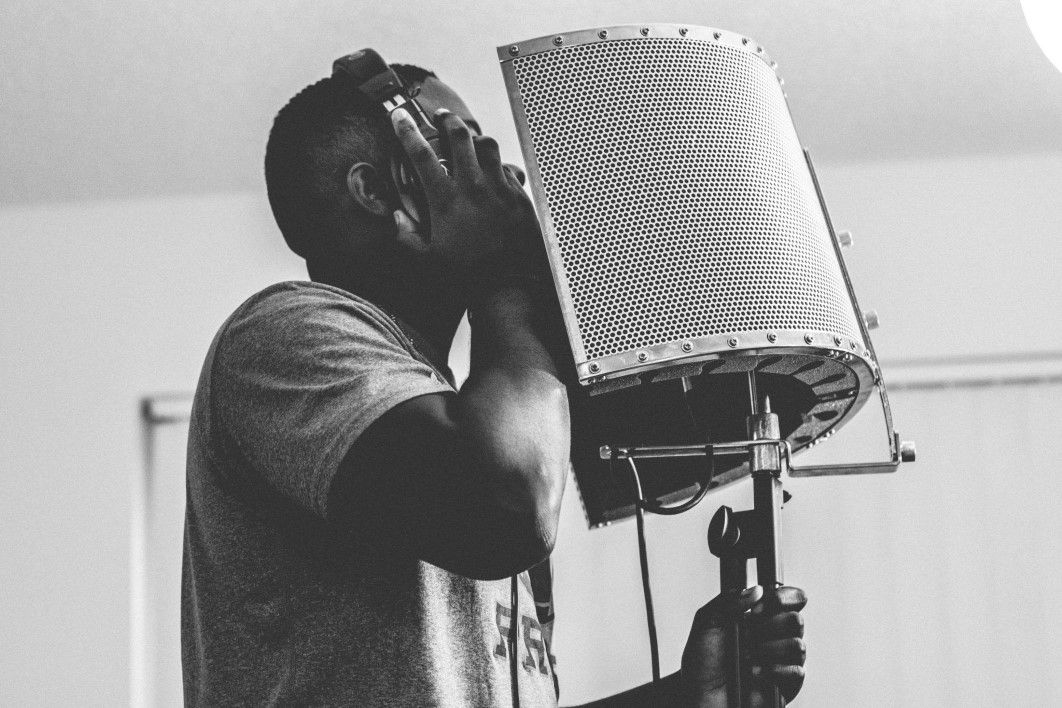
TikTok, Instagram & YouTube's Dirty Secret: Platform Libraries Don't Equal Commercial Rights
Social media platforms have built their success on user-generated content, and music has become the soundtrack fueling that content. TikTok, Instagram, and YouTube each offer massive music libraries accessible with simple clicks, transforming ordinary videos into emotionally resonant content that drives engagement. This musical integration has created a powerful illusion: if a platform lets you use music, it must be legal.
Read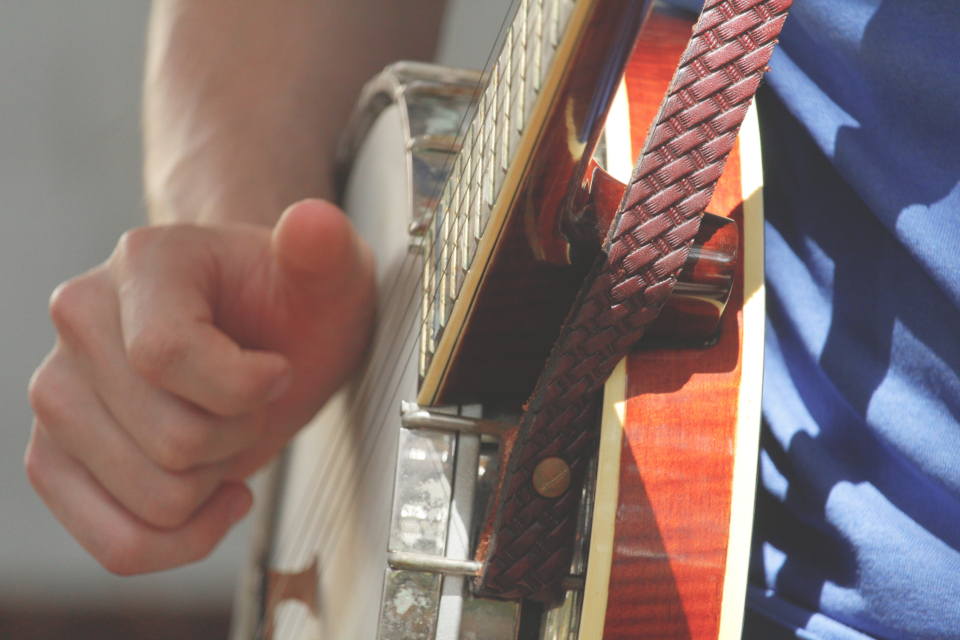
When Your Social Media Post Becomes a Copyright Lawsuit
On July 4, 2024, DSW posted a TikTok video promoting its semi-annual sale. The caption referenced the "Fourth of July" lyric from Becky G's hit song "Shower," which played throughout the video. The post resonated with audiences, generating engagement that any marketing team would celebrate. Months later, Sony Music Entertainment filed a federal lawsuit against DSW, citing this video—along with hundreds of others—as willful copyright infringement that could expose the shoe retailer to millions in statutory damages.
Read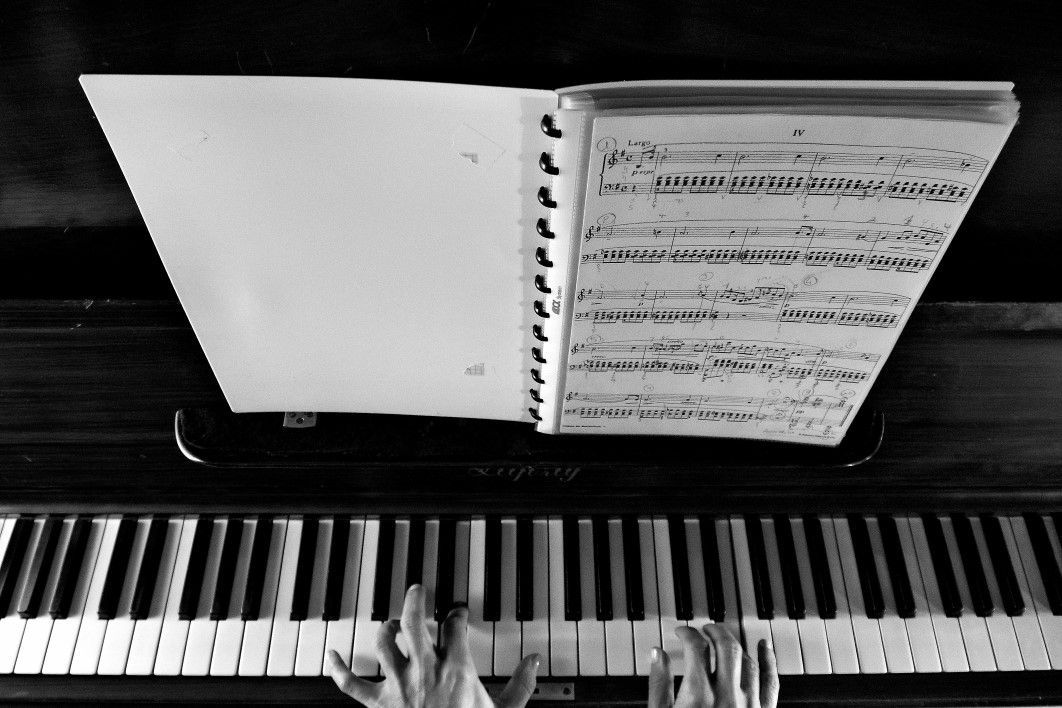
The Hidden Cost of Viral: Commercial Infringement in Influencer Marketing
When a social media post goes viral, brands celebrate. Millions of views, thousands of shares, unprecedented engagement—the metrics that prove a campaign succeeded. But for an increasing number of companies, viral success has come with an unexpected invoice: copyright infringement lawsuits demanding hundreds of thousands or even millions of dollars in damages for unlicensed music used in that content
Read
The Growing Problem of Unlicensed Independent Music Use on Social Media
The rise of social media platforms has created unprecedented opportunities for independent music producers to share their work with global audiences. However, this digital revolution has also spawned a serious and growing problem: the widespread unauthorized use of independent music across social media platforms.
Read
Why Copyright Matters More Than Ever for Independent Architectural Photographers
As commissions shrink, so does the margin for error. Online marketplaces and stock photo apps push shoot fees down, and clients expect more for less. Copyright is the one tool that helps you keep control, price your work fairly, and get paid again and again when your images are reused.
Read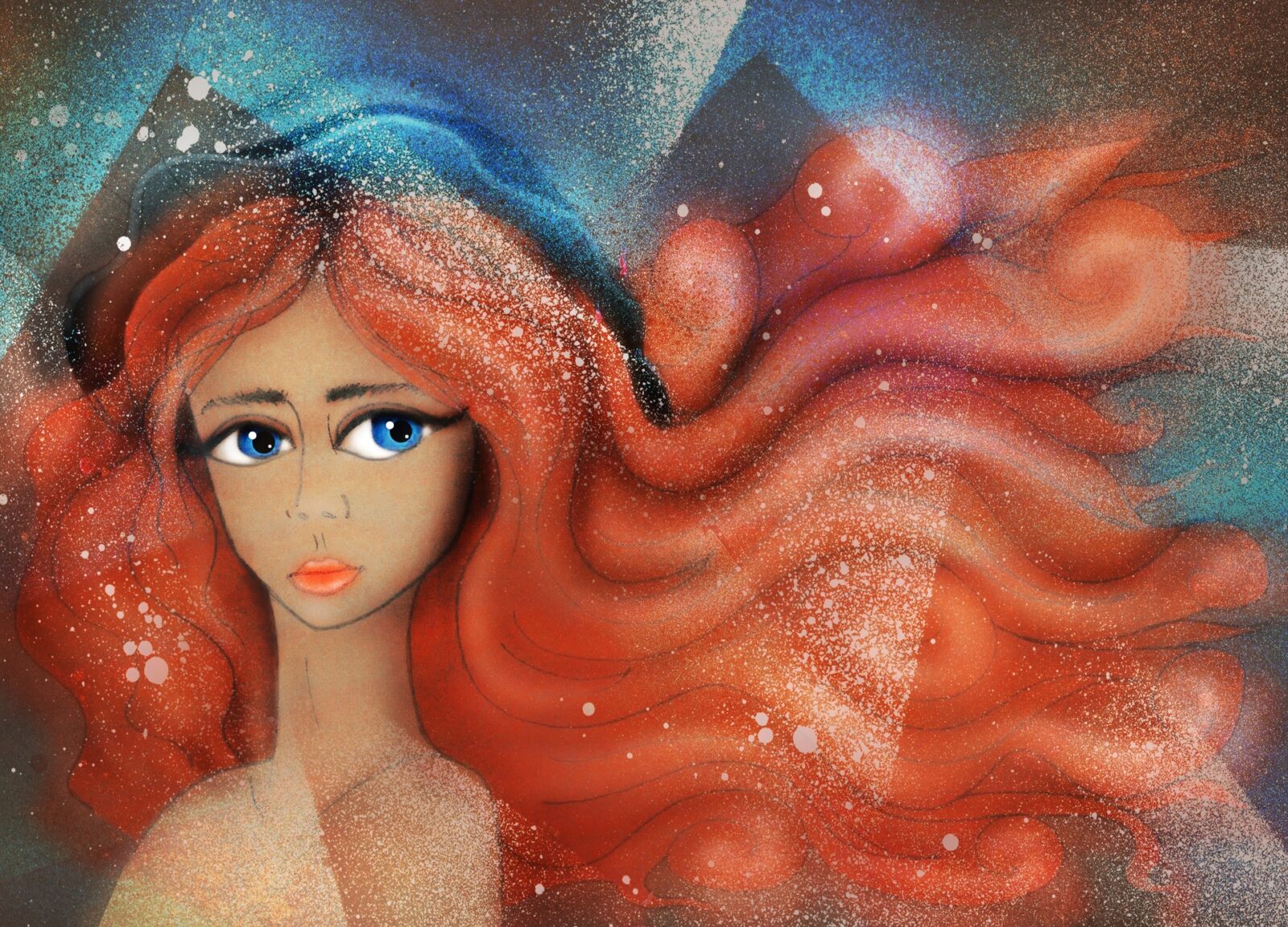
Six Reasons Illustrators Should Register and Enforce Their Copyrights
Copyright protects original art the moment you create it. That is a good start, but full strength comes from registration and active enforcement. Skipping those steps can mean lost income, weak claims, and slow takedowns. The good news: a few smart moves can flip the script. Register your work, then enforce your rights when needed.
Read
Why Independent Real Estate and Architectural Photographers Should Register and Enforce
Unauthorized use is common, especially in real estate and architectural work where images are shared across MLS feeds, contractor sites, agency pages, and social media. Once a photo leaves your drive, it can travel far. Without a plan, small leaks turn into big losses. Registration and enforcement close those leaks.
Read
Protect Your Real Estate Photos: Why Registration and Enforcement Matter in 2025
Copyright protects your photos the moment you press the shutter. But to fight Infringement and get real legal muscle, you need registration and consistent enforcement. That is how you turn your portfolio into a protected business asset, not a free library for others.
Read
Copyright Matters More Than Ever for Freelance Journalists and Photographers
Freelancers need a simple plan to protect their work, spot misuse, and respond fast. With a few smart steps, you can keep control, close more paid licenses, and stop unpaid use from spreading. This guide walks through the risks, the tools, and the actions that help you keep what you earn.
Read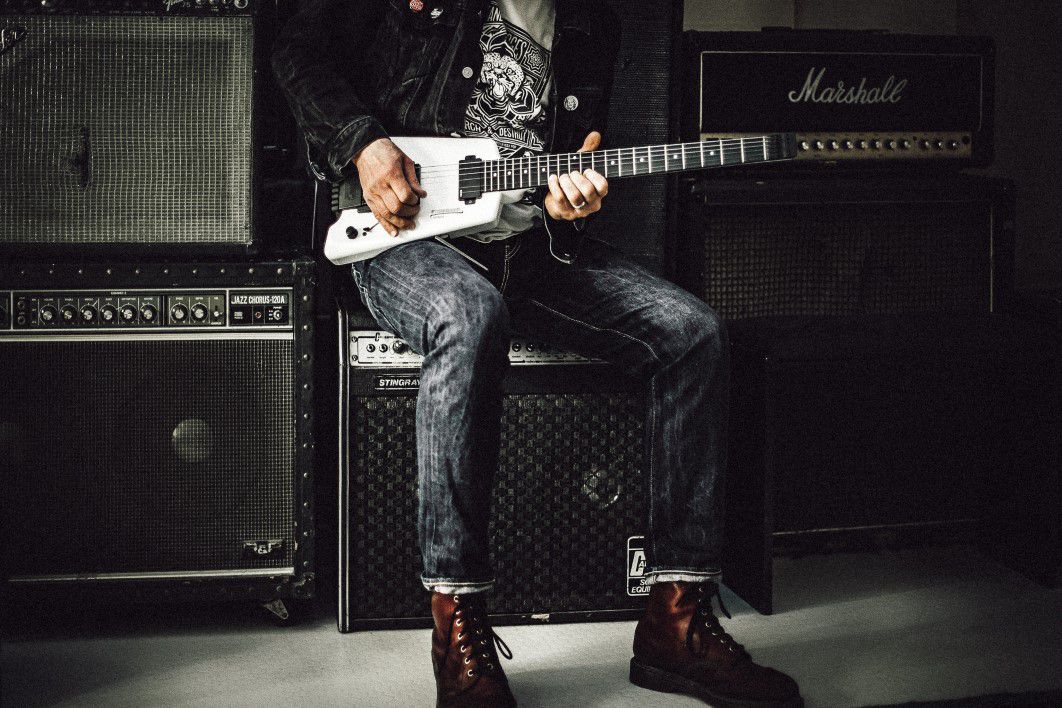
YouTube Content ID vs Your Brand: Why Uploading Music "From the Platform" Isn't a Defense
YouTube's Content ID system processes over 400 hours of video uploads every minute, automatically scanning each one against a database of millions of copyrighted works. When creators and brands claim "but I got the music from YouTube's own library," they're invoking a defense that sounds logical but proves devastatingly ineffective in both Content ID disputes and copyright litigation
Read
Why Social Media Influencers Cannot Claim Personal Use When Their Accounts Are Commercial
An influencer who maintains a right of publicity, commercializes their identity, and monetizes their social media presence cannot selectively characterize individual posts as "personal" to avoid liability for copyright infringement. Every post by such individuals serves commercial purposes—building their brand, maintaining audience engagement, and enhancing the commercial value of their identity.
Read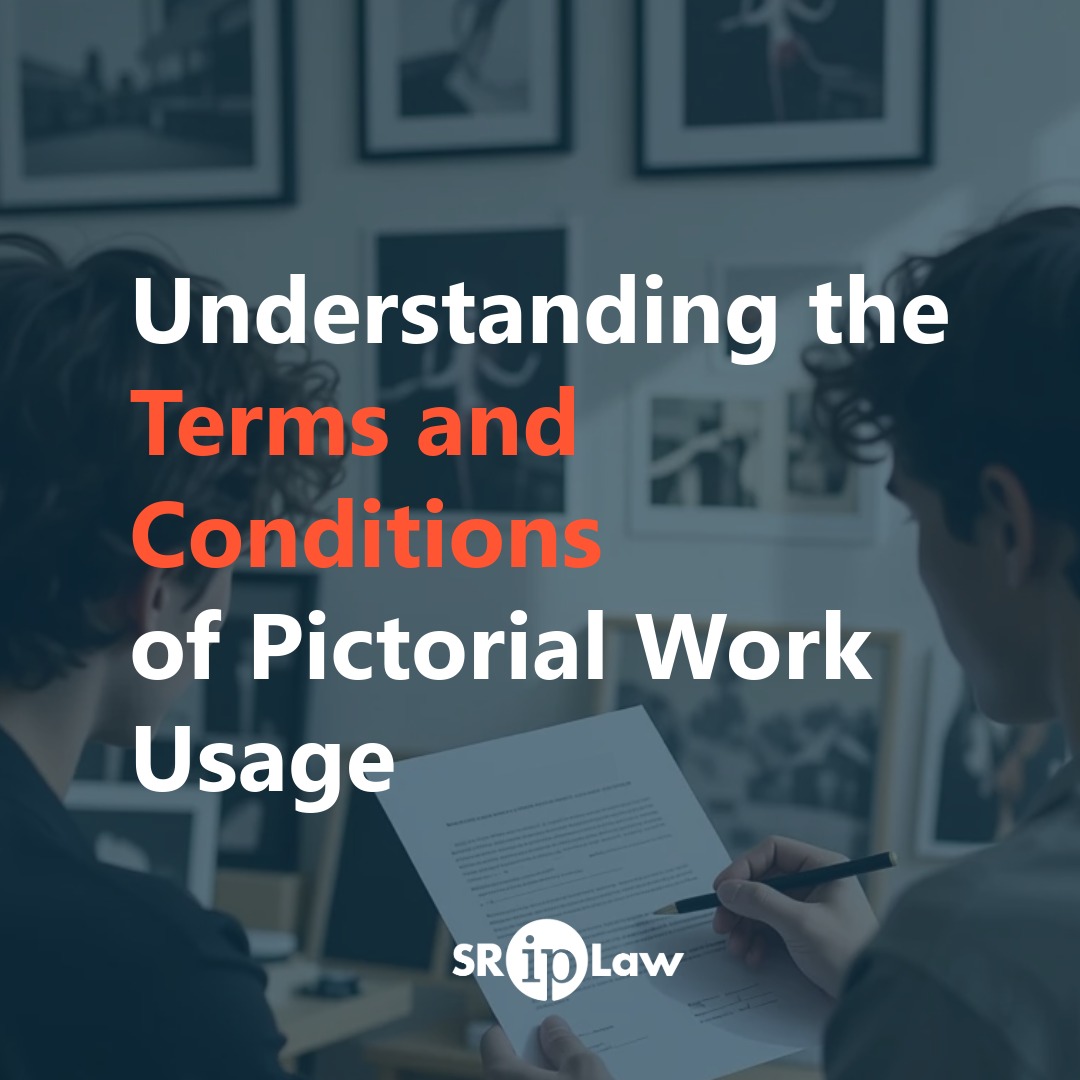
Understanding the terms and conditions of pictorial work usage.
Read





























